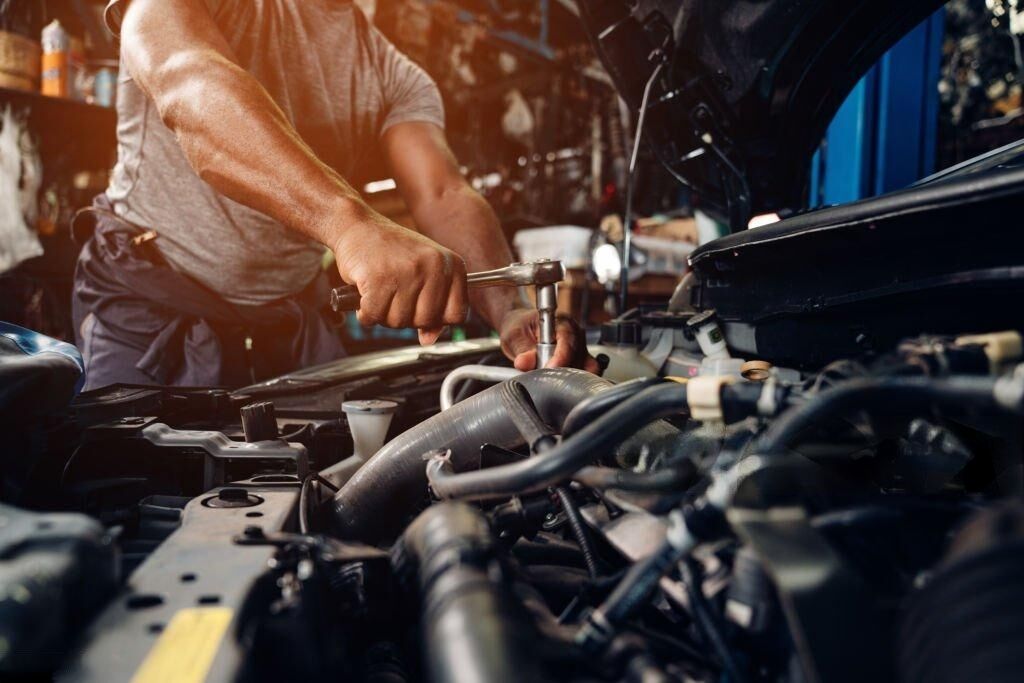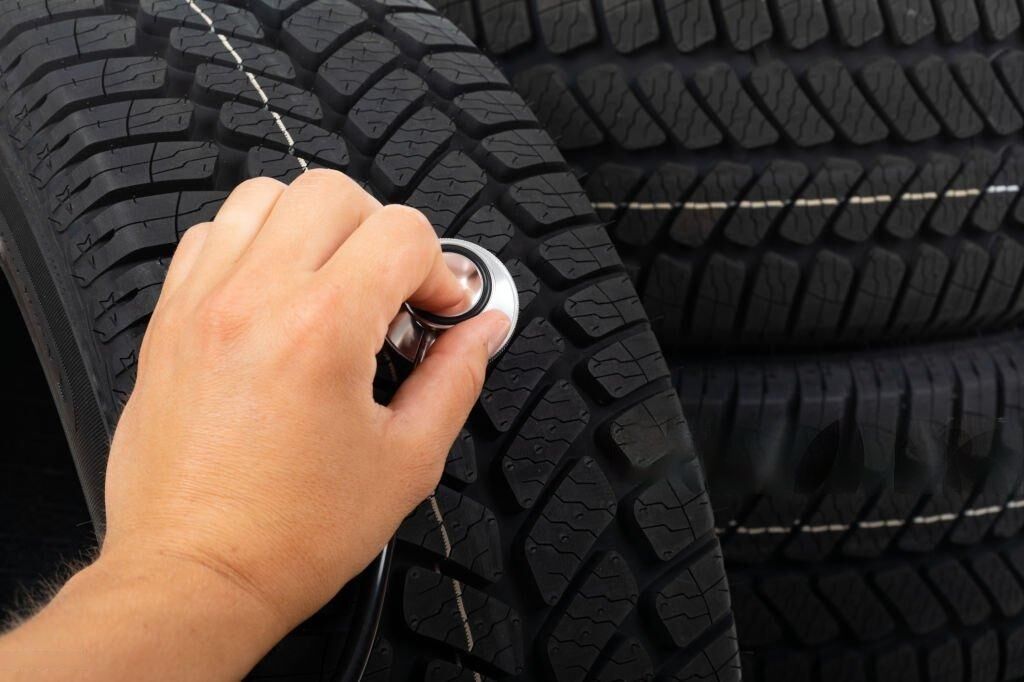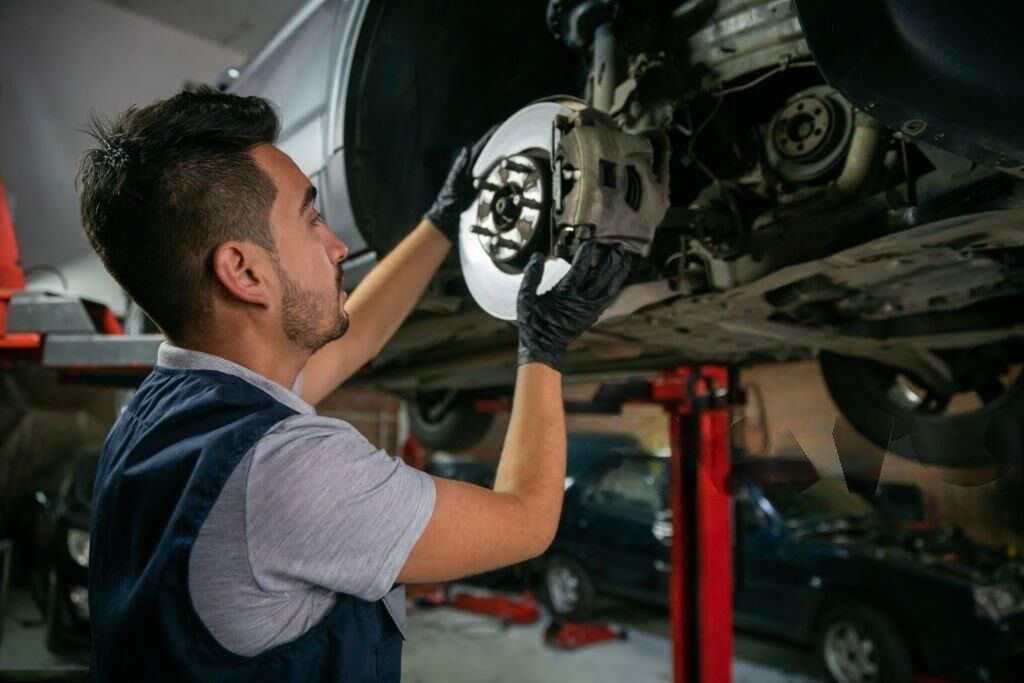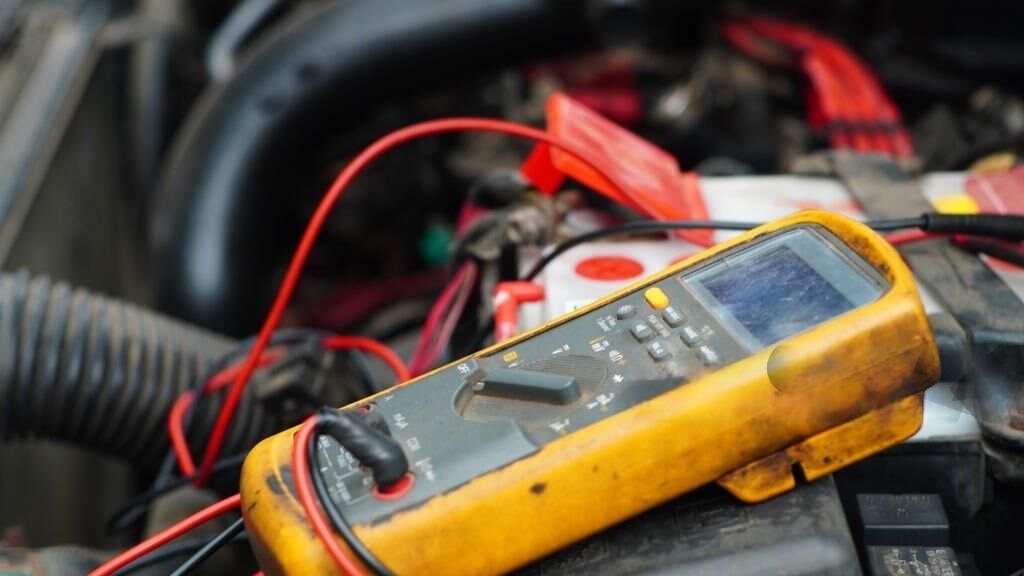Routine car maintenance is essential not only for the longevity of a vehicle but also for ensuring safety and performance. As a seasoned automotive technician, I have learned that educating customers about proper maintenance practices significantly enhances their awareness and effective use of automotive products. This article will explore the best practices for car maintenance and how they can promote better product usage.

In this guide, I will cover key maintenance tips that every car owner should know, helping to improve their vehicle’s lifespan and performance. Understanding these practices can vastly improve customer satisfaction and loyalty.
By integrating these maintenance strategies into your routine, you’ll not only ensure a better-performing vehicle but also become more informed about the importance of regular upkeep. Let’s delve into these crucial practices.
Implementing routine maintenance tips can significantly improve vehicle performance and customer knowledge about product utilization.
How Often Should You Check Your Engine Oil?
What Are the Signs That Your Tires Need Attention?
Why Is Regular Brake Inspection Important?
How Can You Keep Your Car Battery in Top Condition?
Regular oil checks are a fundamental part of vehicle maintenance, ensuring that your engine runs smoothly and efficiently.
Many vehicle problems can be traced back to neglecting oil levels and quality.

Proper engine lubrication is critical for reducing friction and wear among engine components. Over time, engine oil can degrade and become contaminated with dirt and debris, reducing its effectiveness. Checking your oil level involves removing the dipstick, cleaning it, reinserting it, and then checking the level between the minimum and maximum marks. It’s essential to understand the type of oil your car uses and its change interval, which is typically discussed in the vehicle’s manual. Modern vehicles often have oil life monitoring systems which calculate remaining oil life percentage based on driving habits rather than time or distance alone. Regular oil and filter changes not only maintain optimal engine health but also improve fuel efficiency and reduce emissions, contributing to a smoother and more reliable driving experience.
What Are the Signs That Your Tires Need Attention?
Tire maintenance is crucial for safety and fuel efficiency, yet it is often overlooked.
Recognizing when your tires need service can prevent accidents and improve your vehicle’s performance.

Tires are the vehicle’s only contact point with the road, making their condition crucial for safety and performance. Proper tire maintenance begins with regular inspections for uneven tread wear, which can indicate alignment issues. Maintaining the correct tire pressure is essential, as under-inflated tires diminish fuel efficiency and over-inflated ones can reduce traction. Rotating your tires every 6,000 to 8,000 miles ensures they wear evenly, extending their lifespan. Additionally, checking for cracks, bulges, or objects embedded in the tire can prevent blowouts. Understanding the tire’s age is also important, as most manufacturers recommend replacing them every six to ten years, regardless of wear. Investing in quality tires and keeping them in good condition can significantly improve handling, braking, and overall driving safety.
Why Is Regular Brake Inspection Important?
Brakes are your car’s most critical safety feature; thus, regular inspection is non-negotiable.
Ignoring brake maintenance can lead to increased stopping distances and potential failures.

The braking system’s efficiency is paramount to vehicle safety, relying on various components working seamlessly together. Regular brake inspections should check the brake fluid level and quality, as degraded fluid can lead to decreased braking performance. Brake pads wear down over time and should be replaced before reaching a dangerously thin level. Listening for unusual noises such as squealing or grinding can be an early warning sign of wear. Inspecting the rotor condition is equally important, as warped or damaged rotors can cause vibrations and compromised braking efficiency. Ensuring your brakes are in good condition can prevent costly repairs and, more importantly, safeguard against accidents. It’s advised to schedule professional brake system checks every time you have your tires rotated or at least twice a year.
A well-maintained battery is vital for starting your vehicle and powering all electronic components.
Many drivers face sudden battery failures that could be avoided with simple checks.

Car batteries are crucial for starting the engine and stabilizing, filtering, and providing power for ignition, lights, and electrical systems. Ensuring that battery terminals are clean and free from corrosion is one of the simplest maintenance tasks and involves checking for a white, ashy substance around the terminals. Battery life can be extended by ensuring the connections are secure, testing the battery annually to measure its charge level, and being mindful of power usage especially if the vehicle is not driven regularly. Extreme temperatures can affect battery functionality, so testing before the cold winter months or the heat of summer is prudent. Using a battery tender or charger on unused vehicles can help maintain charge and readiness. Knowing the average lifespan of your battery, generally between three to five years, can prepare you for timely replacement and prevent inconvenient breakdowns.
Conclusion
Routine car maintenance is not just about extending the life of your vehicle; it’s also about safety and efficiency. By adopting these best practices, drivers can improve their car’s reliability and performance. As an automotive professional, it’s my mission to ensure that all vehicle owners have the knowledge they need to keep their cars in prime condition.
ItStillRuns - Important Car Maintenance Tips
YourMechanic - A Beginner’s Guide to Car Maintenance
